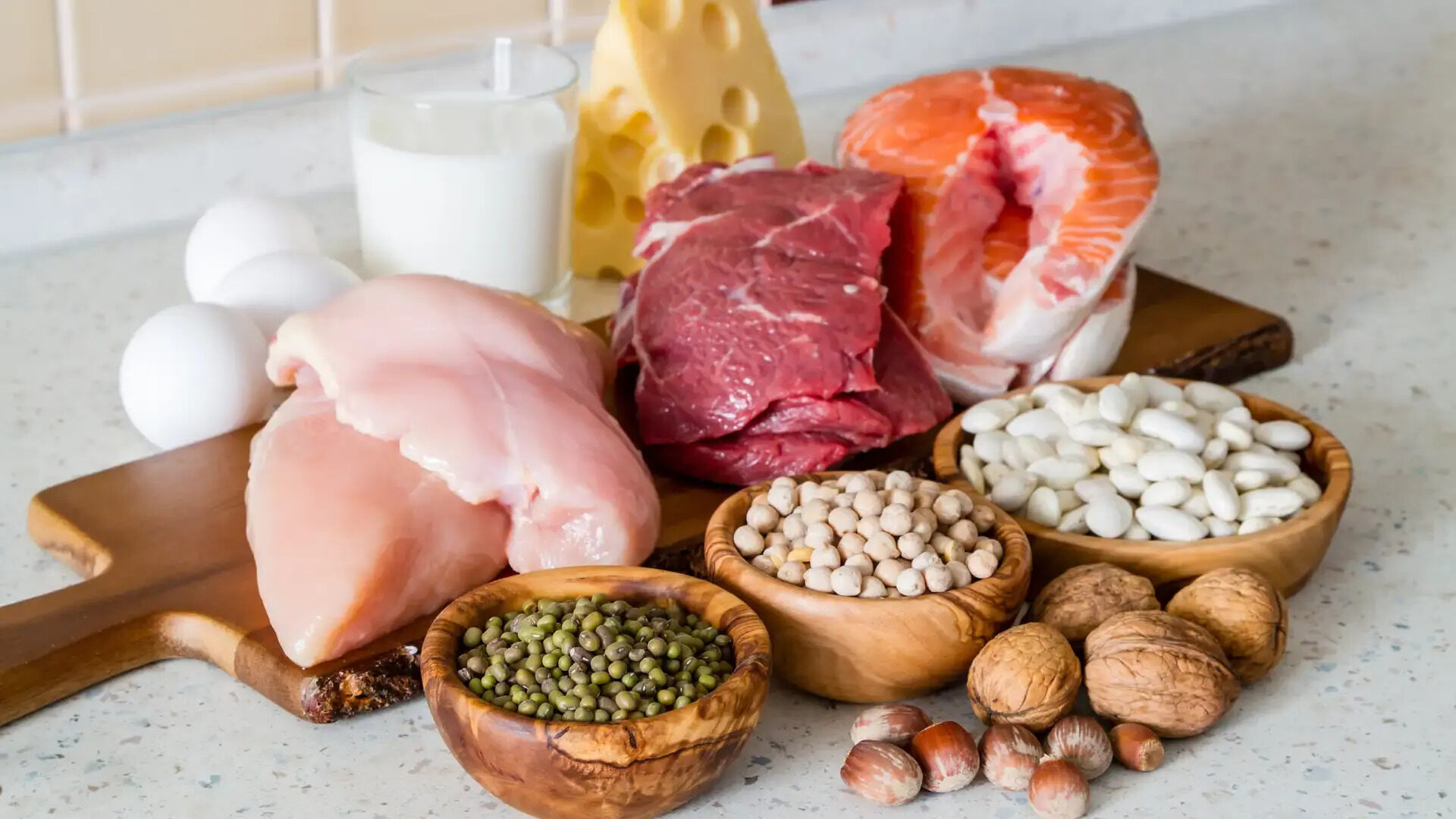
Alternative protein sources are gaining popularity as people seek healthier, more sustainable diets. But what exactly are they? Alternative proteins include plant-based options like beans, lentils, and tofu, as well as innovative choices such as lab-grown meat and insect-based products. These proteins offer numerous benefits, including reduced environmental impact and improved health outcomes. Why are alternative proteins important? They help decrease reliance on traditional meat, which often involves high resource use and greenhouse gas emissions. Plus, they provide essential nutrients without the ethical concerns tied to animal farming. Ready to learn more? Here are 27 intriguing facts about alternative proteins that might just change how you see your plate.
Key Takeaways:
- Alternative proteins, like plant-based and lab-grown meat, are gaining popularity due to their smaller environmental footprint and health benefits. They offer a sustainable and ethical food choice.
- Despite challenges like taste and cost, the future of alternative proteins looks promising with ongoing innovation, investment, and potential global impact on food security and the environment.
What is Alternative Protein?
Alternative protein refers to protein sources that are not derived from traditional animal meat. These include plant-based proteins, lab-grown meat, and insect proteins. As the world seeks sustainable food sources, alternative proteins are gaining popularity.
- Plant-based proteins come from sources like soy, peas, and lentils. They are often used in products like veggie burgers and tofu.
- Lab-grown meat, also known as cultured meat, is produced by cultivating animal cells in a controlled environment.
- Insect proteins are derived from insects like crickets and mealworms, which are rich in protein and require fewer resources to farm.
Why Alternative Protein Matters
The shift towards alternative proteins is driven by environmental, health, and ethical concerns. Understanding these reasons can help us appreciate the importance of this movement.
- Environmental impact: Traditional livestock farming contributes to greenhouse gas emissions, deforestation, and water pollution. Alternative proteins have a smaller environmental footprint.
- Health benefits: Plant-based proteins are often lower in saturated fats and cholesterol, which can reduce the risk of heart disease.
- Ethical considerations: Many people choose alternative proteins to avoid animal cruelty and promote animal welfare.
Types of Alternative Proteins
There are various types of alternative proteins, each with unique characteristics and benefits. Let's explore some of the most common ones.
- Soy protein: Derived from soybeans, it is a complete protein containing all essential amino acids.
- Pea protein: Made from yellow peas, it is hypoallergenic and easily digestible.
- Hemp protein: Comes from hemp seeds and is rich in omega-3 fatty acids.
- Mycoprotein: Produced from fungi, it is used in products like Quorn.
- Algae protein: Sourced from algae, it is high in protein and other nutrients.
- Chickpea protein: Made from chickpeas, it is versatile and used in various food products.
Benefits of Alternative Proteins
Alternative proteins offer numerous benefits beyond just being a substitute for meat. These advantages make them an attractive option for many people.
- Sustainability: They require fewer resources like water and land compared to traditional livestock farming.
- Versatility: Can be used in a wide range of dishes and food products.
- Nutrient-rich: Often contain essential vitamins and minerals that are beneficial for health.
- Allergen-friendly: Many alternative proteins are suitable for people with allergies to common allergens like dairy and gluten.
- Weight management: Plant-based proteins can help with weight management due to their lower calorie content.
Challenges Facing Alternative Proteins
Despite their benefits, alternative proteins face several challenges that need to be addressed for wider adoption.
- Taste and texture: Some people find the taste and texture of alternative proteins less appealing than traditional meat.
- Cost: Alternative protein products can be more expensive than their meat counterparts.
- Availability: Not all alternative proteins are widely available in every region.
- Consumer awareness: Many people are still unaware of the benefits and options available in the alternative protein market.
Future of Alternative Proteins
The future of alternative proteins looks promising as technology advances and consumer preferences shift. Here are some trends to watch.
- Innovation: Ongoing research and development are leading to new and improved alternative protein products.
- Investment: Increased investment in alternative protein companies is driving growth and expansion.
- Regulation: Governments are beginning to create regulations to ensure the safety and quality of alternative protein products.
- Mainstream adoption: As more people become aware of the benefits, alternative proteins are becoming more mainstream.
- Culinary creativity: Chefs and food companies are experimenting with alternative proteins to create delicious and innovative dishes.
- Global impact: The adoption of alternative proteins has the potential to address global food security and environmental challenges.
The Future of Protein
Alternative proteins are changing how we think about food. From plant-based meats to lab-grown options, these innovations offer sustainable, ethical, and nutritious choices. They help reduce our carbon footprint, save water, and spare animals. Plus, they can be just as tasty and versatile as traditional meat.
As technology advances, expect even more exciting developments. New sources like insects and algae could become mainstream. With growing awareness and demand, alternative proteins are set to play a big role in our diets.
So, whether you're a vegan, flexitarian, or just curious, there's never been a better time to explore these options. They’re not just a trend—they’re the future of food. Dive in and discover how these proteins can benefit your health and the planet.
Frequently Asked Questions
Was this page helpful?
Our commitment to delivering trustworthy and engaging content is at the heart of what we do. Each fact on our site is contributed by real users like you, bringing a wealth of diverse insights and information. To ensure the highest standards of accuracy and reliability, our dedicated editors meticulously review each submission. This process guarantees that the facts we share are not only fascinating but also credible. Trust in our commitment to quality and authenticity as you explore and learn with us.
